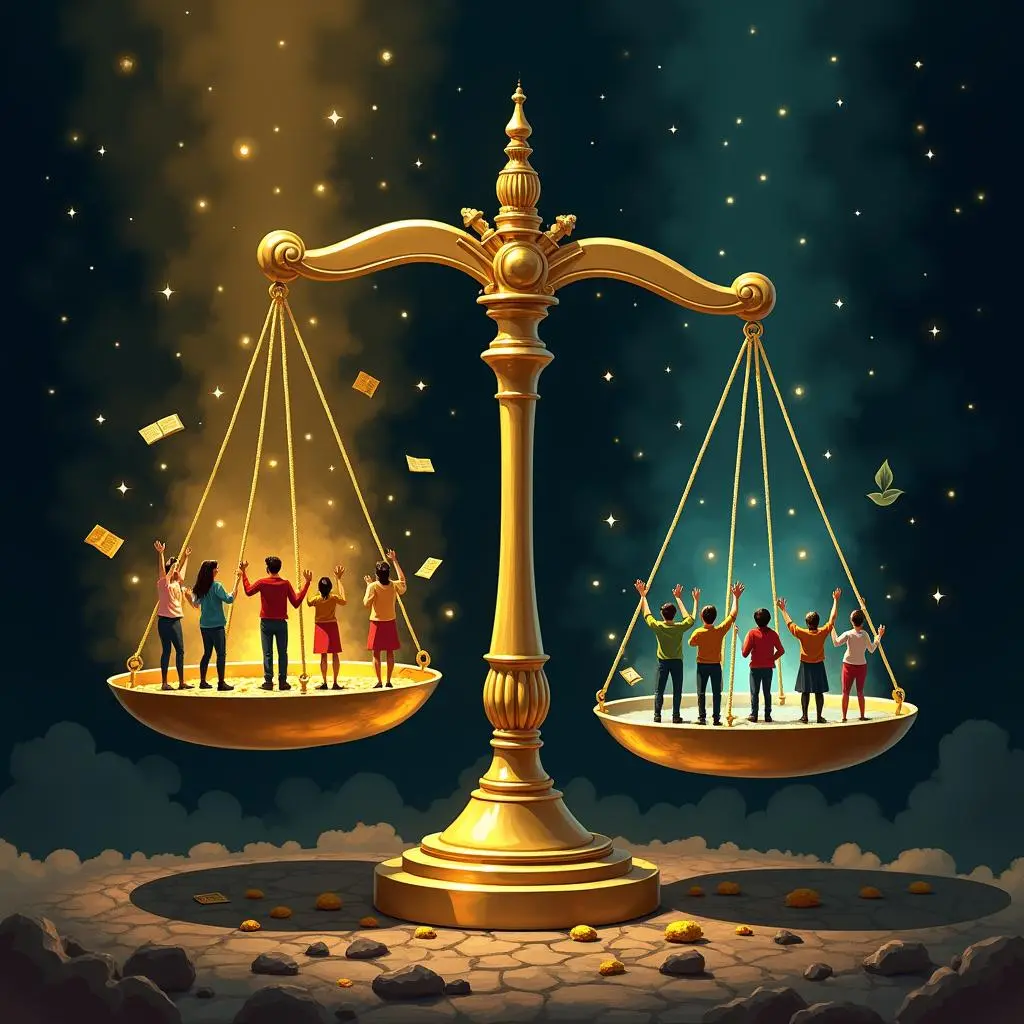Why Is Equality Seen as a Threat?

Equality, a fundamental ideal for many societies, is often met with resistance by those who benefit from existing power structures. The fear of losing privilege, control, or wealth makes the concept of equality seem like a threat rather than a shared opportunity for progress. This perception is deeply ingrained in systems that perpetuate division, ensuring that power remains concentrated in the hands of a few.
Historically, movements toward equality have been challenged by those who fear change. From the abolition of slavery to the fight for gender equality, every step toward justice has faced opposition. This resistance is rooted in the belief that sharing resources or opportunities diminishes one's own status, even though evidence suggests that equitable societies are more stable, prosperous, and harmonious.
Media, education, and politics often reinforce the fear of equality by promoting narratives that pit groups against each other. For instance, the myth of the 'scarcity of resources' is used to justify inequality, creating a culture of competition rather than collaboration. These narratives serve to maintain the status quo and discourage collective efforts for change.
To overcome the perception of equality as a threat, we must reframe it as a collective benefit. Education plays a vital role in teaching empathy and dismantling stereotypes. Policies that promote fair distribution of resources and opportunities can demonstrate the tangible advantages of equality. Most importantly, open dialogue and grassroots movements can help break down the fear that fuels resistance.
Equality is not a threat but a path toward a more inclusive and just society. By addressing the fears that undermine this ideal and challenging the systems that profit from division, we can build a future where fairness is not seen as a danger but as a foundation for shared prosperity.
Equality is not a threat but a path toward a more inclusive and just society. By addressing the fears that undermine this ideal and challenging the systems that profit from division, we can build a future where fairness is not seen as a danger but as a foundation for shared prosperity.
